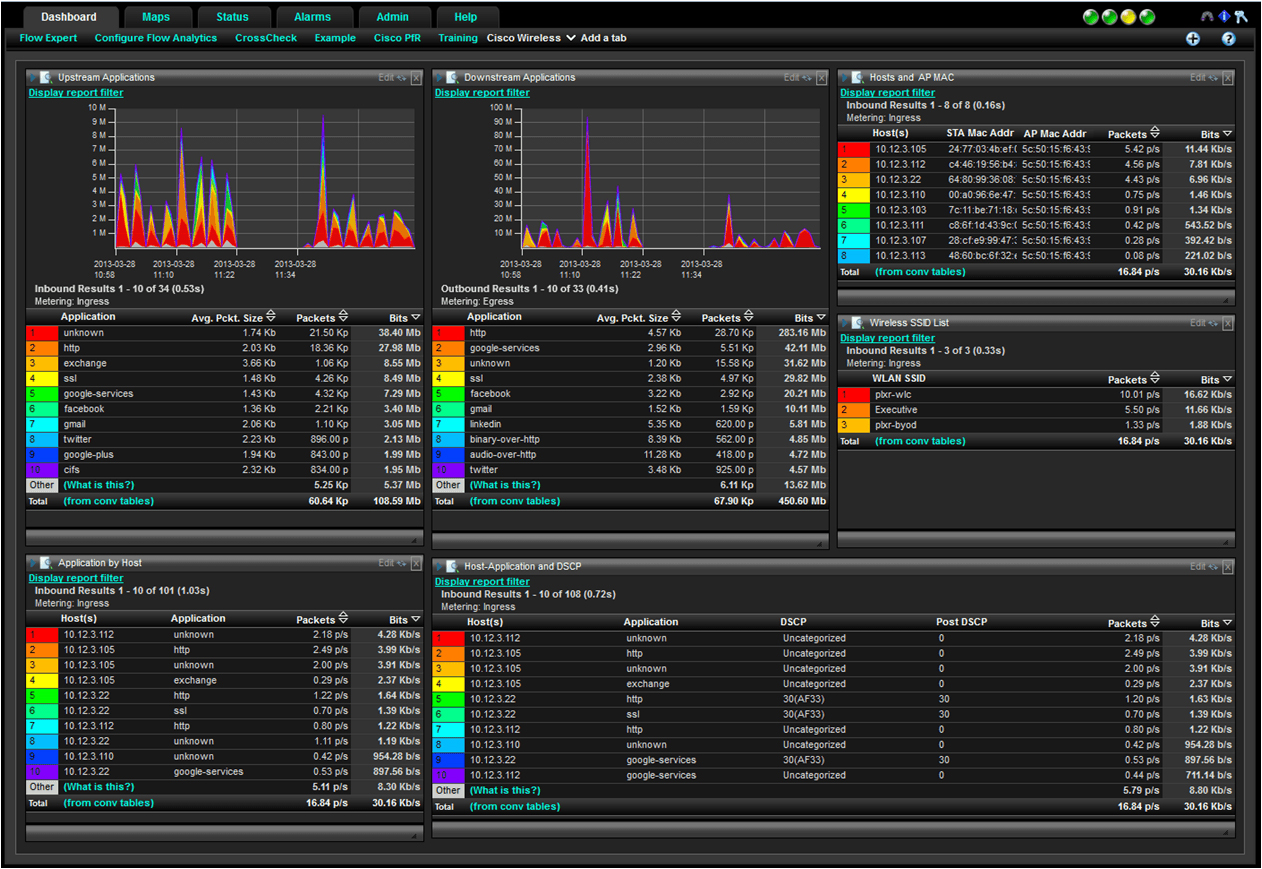There are many contingencies network managers can prepare for. Global epidemics such as the coronavirus are not, normally, among them. We are living in an increasingly unpredictable world: a world that relentlessly changes our best-laid plans. Network strategies may include risk assessment, but that relies heavily on experience. It is a process of identifying and mitigating risks that are known, and which, to varying degrees, are regarded as likely.
But how do network managers prepare for that which is not unlikely: events that in a matter of days can challenge the capacity, stability, and performance of networks?
Capacity planning versus learning on the job
Preparation begins with capacity planning. Networks must be able to accommodate unforeseen spikes in traffic. Scrutinizer from Plixer, for example, utilises NetFlow to enable the monitoring of traffic trends over multiple years, whilst also retaining a granular account of traffic. If there’s a sudden spike in bandwidth utilization, you’ll know when it occurred, from which location the traffic originated, and the applications responsible.
Such solutions must form part of capacity planning, which in turn will inform network strategy. Sometimes, however, lessons can only be learnt after the fact. Every incident – even one as impactful as a global epidemic – leaves in its wake, through data, clues for the future. The purpose of preparation is mitigation, but sometimes preparation is a real-time, day-by-day exercise. All network managers are familiar with the reality of having to learn on the job. Scrutinizer by Plixer provides real-time monitoring of traffic, which makes real-time lesson learning possible. Each day can be used to prepare for the next, and understanding the past – even as recent as the last minute – helps us avoid being blindsided by the future.

Sudden organisational shifts create network challenges
We’re still in the throes of this epidemic, and we’ve yet to see the extent of it. Still, organisations around the world have taken preventative action to mitigate its spread, which includes employees working from home. This has produced an immediate challenge to networks: many are faltering to account for the sudden increase in demand on WAN bandwidth. Others are fairing better because remote work is part of their DNA. Their preparedness is incidental: a result of organisational infrastructure and company policy embracing remote work.
A second problem this creates relates to cybersecurity. A sudden influx of remote workers, inexperienced at the difference of working remote, exposes the network to new vulnerabilities. These include the opening of attachments from untrusted sources. Remote workers are less protected by the organisation’s firewall, and may not even have local protection installed, and are more likely to use personal email accounts.
Scrutinizer can also help here: it features the ability to collect IP network traffic as it enters or exits an interface, to maximise traffic insight. A network manager can use this data to determine the source and destination of traffic and the reason for it.
Prepare for the unknown
In the end, preparation against the unknown cannot be guaranteed through data. Rather, it’s guaranteed through the preparedness of the network staff responsible for maintaining the network, employees’ awareness and the network monitoring and insight tools used.
A specific unknown such as the coronavirus cannot be prepared for, but the unknown, in the broader sense, can. This is achieved through policies and procedures put in place to ensure the response is effective and immediate, guided by data collated through network monitoring, and education is maximised.
Every experienced network manager knows what can be managed and what cannot. All the insight in the world must eventually lead to hindsight – a recognition that no data would ever be enough to account for every variable. The best that can be asked for is recognition and understanding, to better prepare for the next time. Preparation begins with acceptance of the unknown, leading to best-effort mitigations, and culminates in the lessons learnt (after all, with effective monitoring solutions, a new unknown is an unknown only once).
For more information on Scrutinizer by Plixer or other network monitoring solutions, contact us today.


